
军事韬略
¥2.98
《中国军事百科》是一部全景式再现中国军事历史的大型图书,它在吸收国内史学研究成果的基础上,将中华文明悠久历史沉淀下来的丰富的军事图文资料融为一体,直观地介绍中国军事历史的发展进程,全方位介绍中国军事的基础知识,内容涵盖中国军事的各个领域。
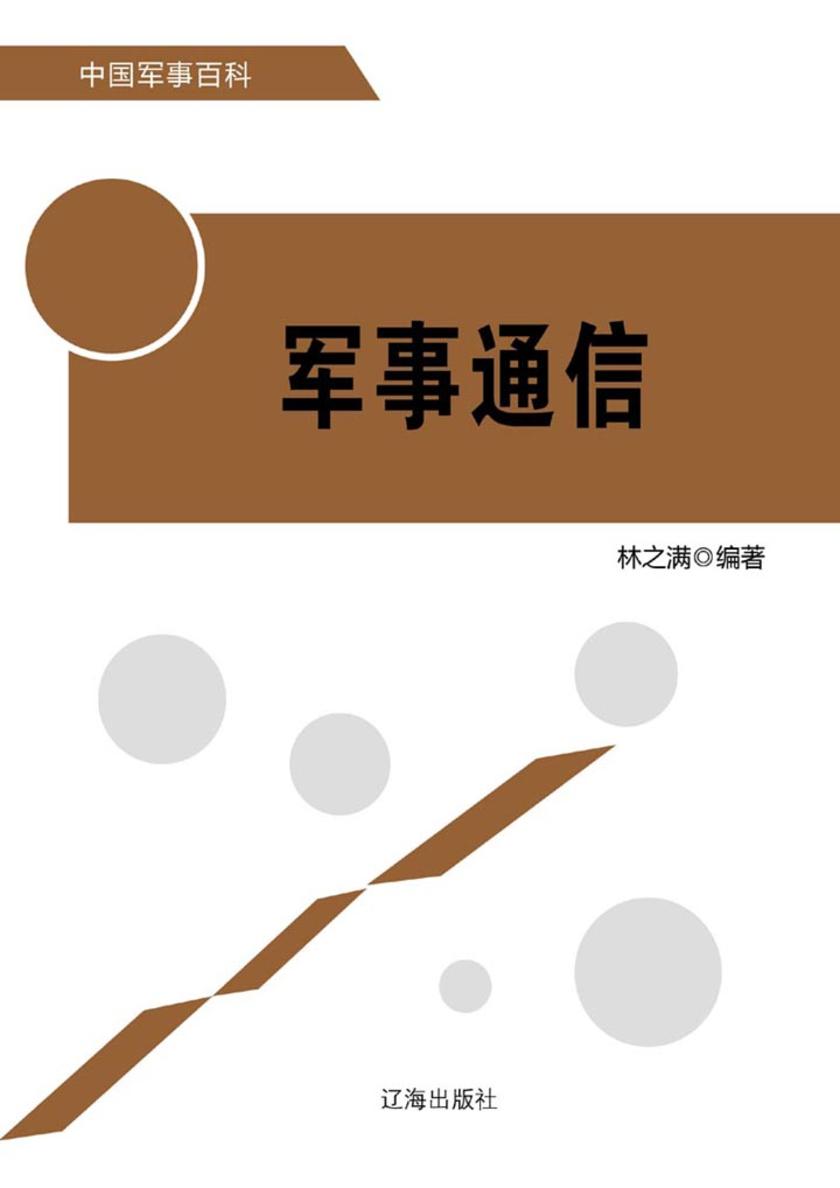
军事通信
¥2.98
《中国军事百科》是一部全景式再现中国军事历史的大型图书,它在吸收国内史学研究成果的基础上,将中华文明悠久历史沉淀下来的丰富的军事图文资料融为一体,直观地介绍中国军事历史的发展进程,全方位介绍中国军事的基础知识,内容涵盖中国军事的各个领域。
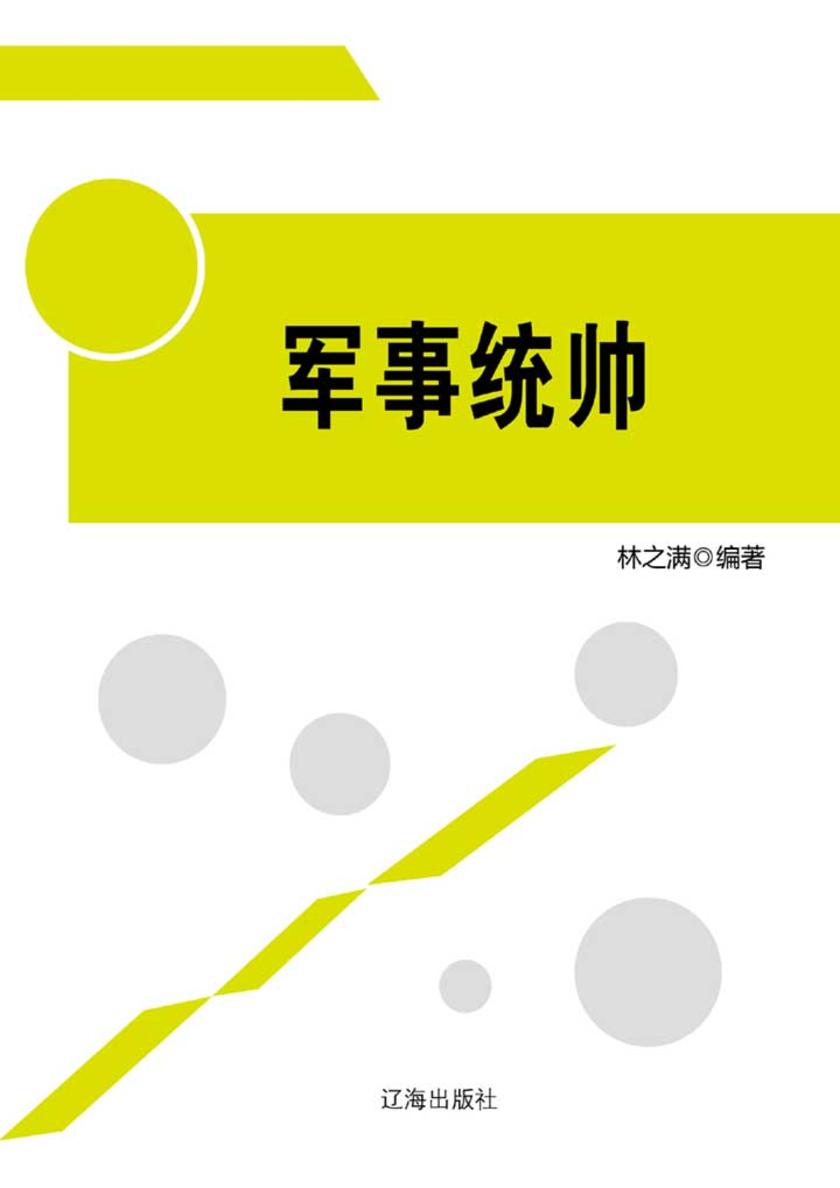
军事统帅
¥2.98
《中国文化史丛书》是一套针对广大文史爱好者普及中国文化知识的通俗读物,旨在宏扬中国文化的辉煌成就。

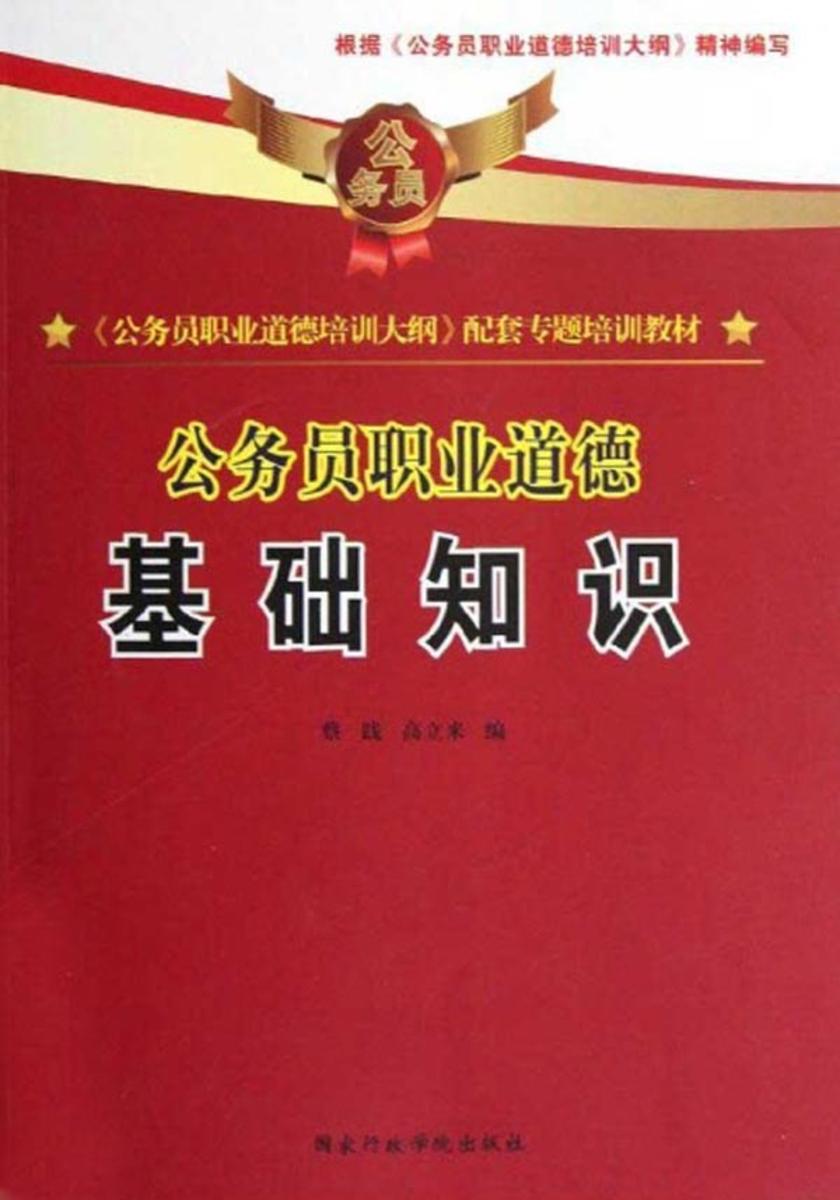
公务员职业道德:基础知识
¥19.49
为系统准确地解读公务员职业道德建设的核心内容,满足全体行政机关和参照公务员法管理的机关开展公务员职业道德培训的需求,进一步推进公务员职业道德建设工作,我们以《公务员职业道德培训大纲》为依据,结合中央有关精神,在有关部门和专家的指导下,编写了本套公务员职业道德培训教材,包括《公务员职业道德: 基础知识》、《公务员职业道德: 忠于国家》、《公务员职业道德: 服务人民》、《公务员职业道德: 恪尽职守》、《公务员职业道德:公正廉洁》、《公务员职业道德:典型案例》共六册,以供全国行政机关公务员培训使用。

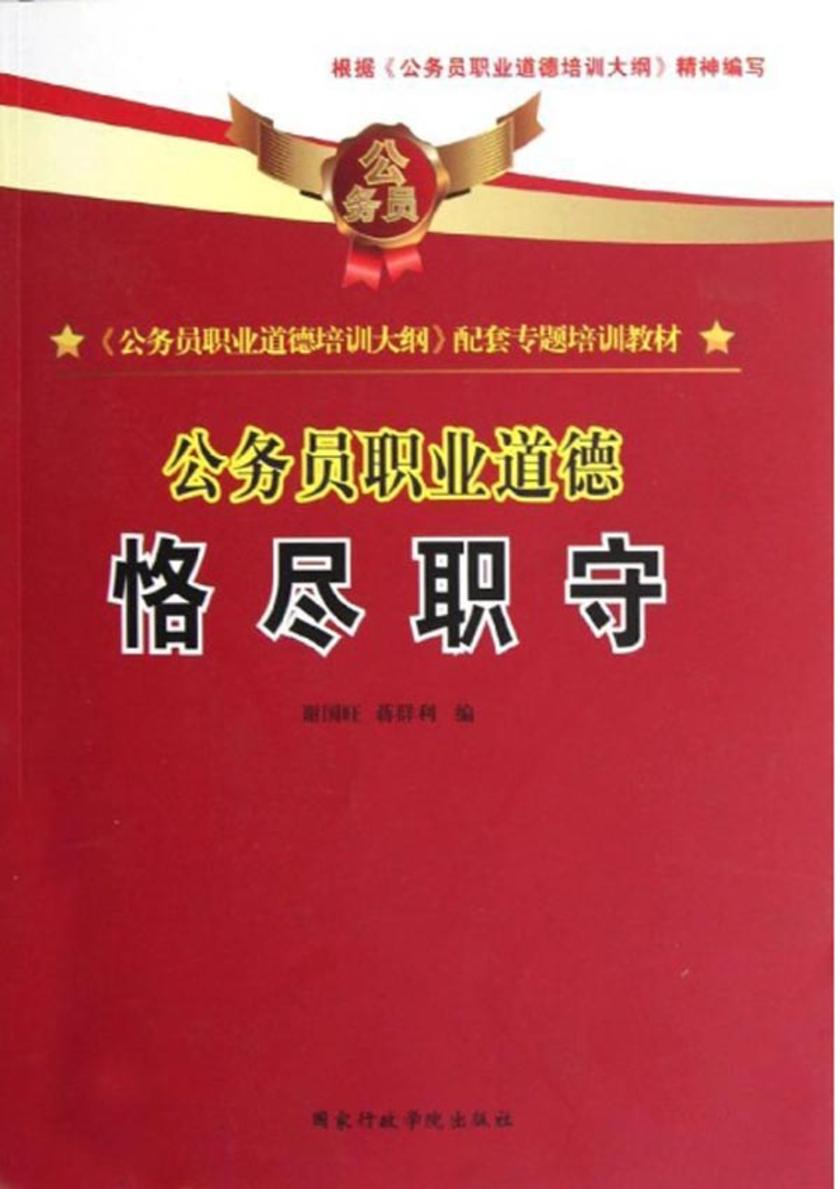
公务员职业道德:恪尽职守
¥5.00
为系统准确地解读公务员职业道德建设的核心内容,满足全体行政机关和参照公务员法管理的机关开展公务员职业道德培训的需求,进一步推进公务员职业道德建设工作,我们以《公务员职业道德培训大纲》为依据,结合中央有关精神,在有关部门和专家的指导下,编写了本套公务员职业道德培训教材,包括《公务员职业道德: 基础知识》、《公务员职业道德: 忠于国家》、《公务员职业道德: 服务人民》、《公务员职业道德: 恪尽职守》、《公务员职业道德:公正廉洁》、《公务员职业道德:典型案例》共六册,以供全国行政机关公务员培训使用。

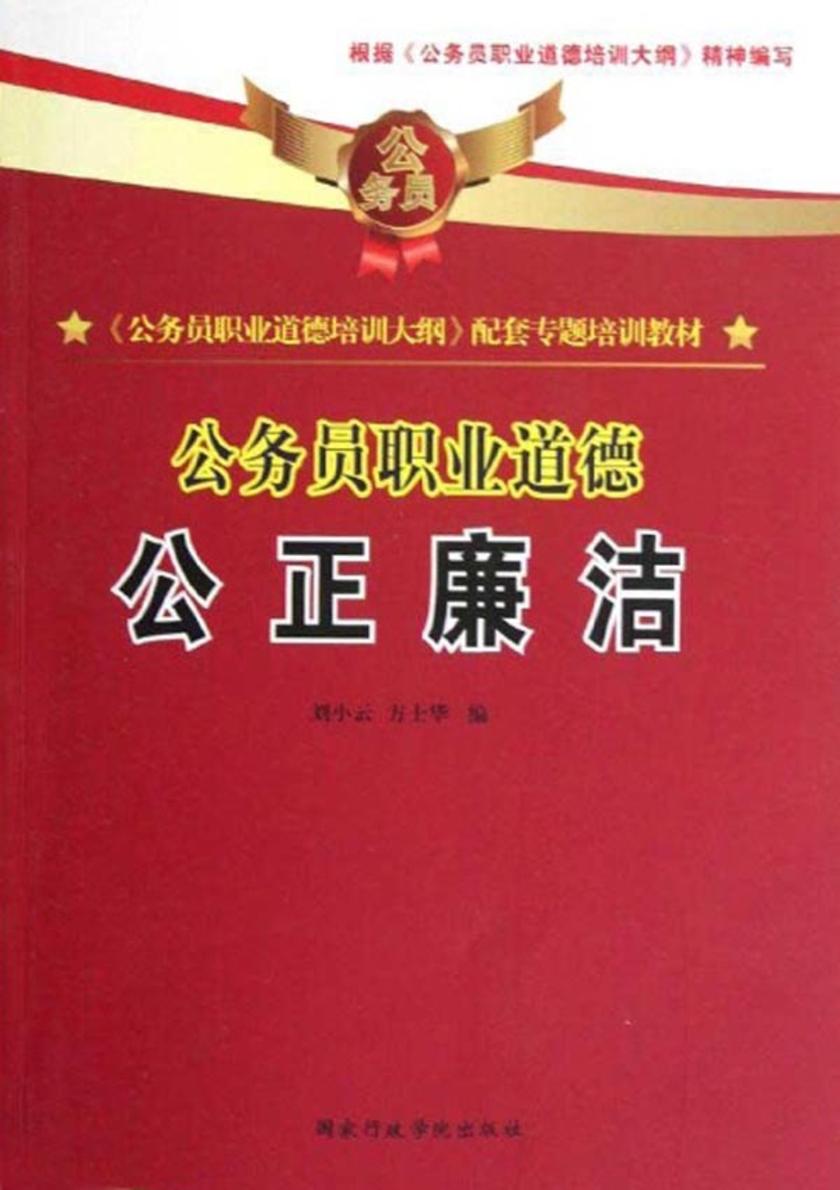
公务员职业道德:公正廉洁
¥5.00
为系统准确地解读公务员职业道德建设的核心内容,满足全体行政机关和参照公务员法管理的机关开展公务员职业道德培训的需求,进一步推进公务员职业道德建设工作,我们以《公务员职业道德培训大纲》为依据,结合中央有关精神,在有关部门和专家的指导下,编写了本套公务员职业道德培训教材,包括《公务员职业道德: 基础知识》、《公务员职业道德: 忠于国家》、《公务员职业道德: 服务人民》、《公务员职业道德: 恪尽职守》、《公务员职业道德:公正廉洁》、《公务员职业道德:典型案例》共六册,以供全国行政机关公务员培训使用。

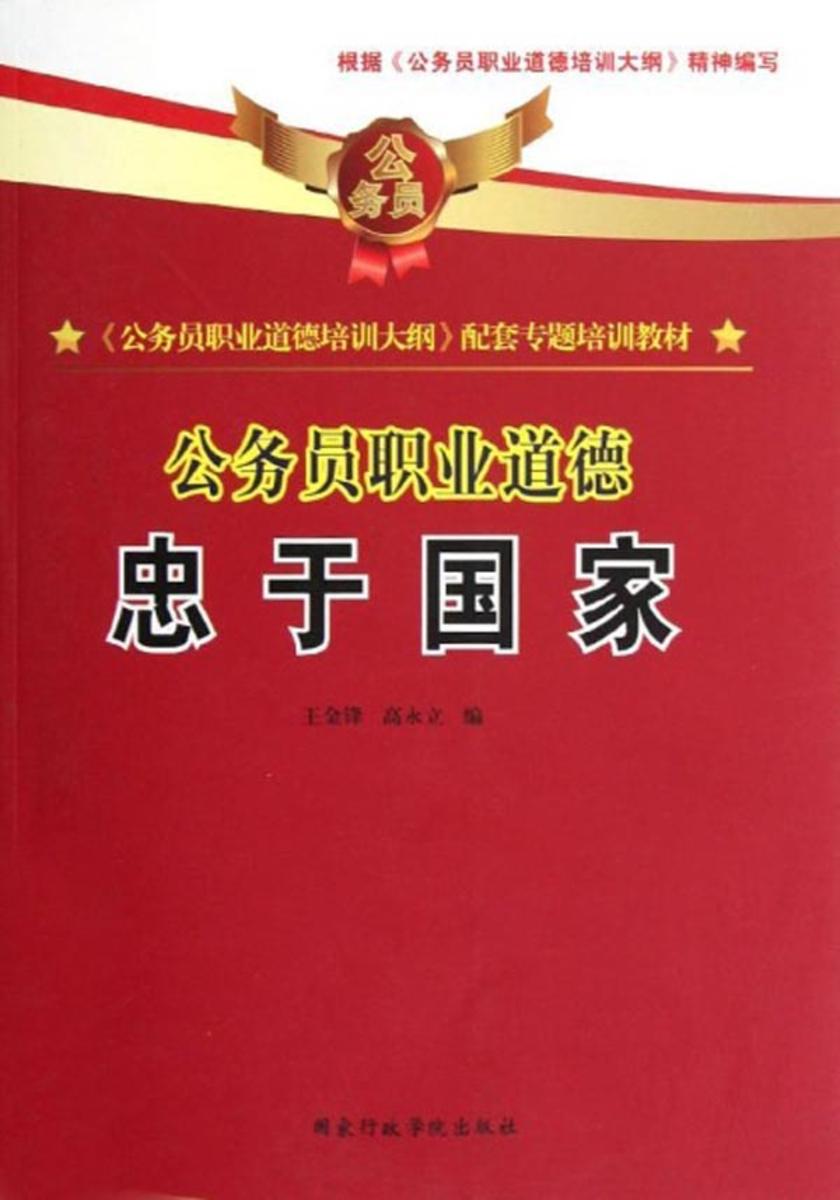
公务员职业道德:忠于国家
¥19.49
为系统准确地解读公务员职业道德建设的核心内容,满足全体行政机关和参照公务员法管理的机关开展公务员职业道德培训的需求,进一步推进公务员职业道德建设工作,我们以《公务员职业道德培训大纲》为依据,结合中央有关精神,在有关部门和专家的指导下, 编写了本套公务员职业道德培训教材,包括《公务员职业道德: 基础知识》、《公务员职业道德: 忠于国家》、《公务员职业道德:服务人民》、《公务员职业道德:恪尽职守》、《公务员职业道德:公正廉洁》、《公务员职业道德: 典型案例》共六册, 以供全国行政机关公务员培训使用。

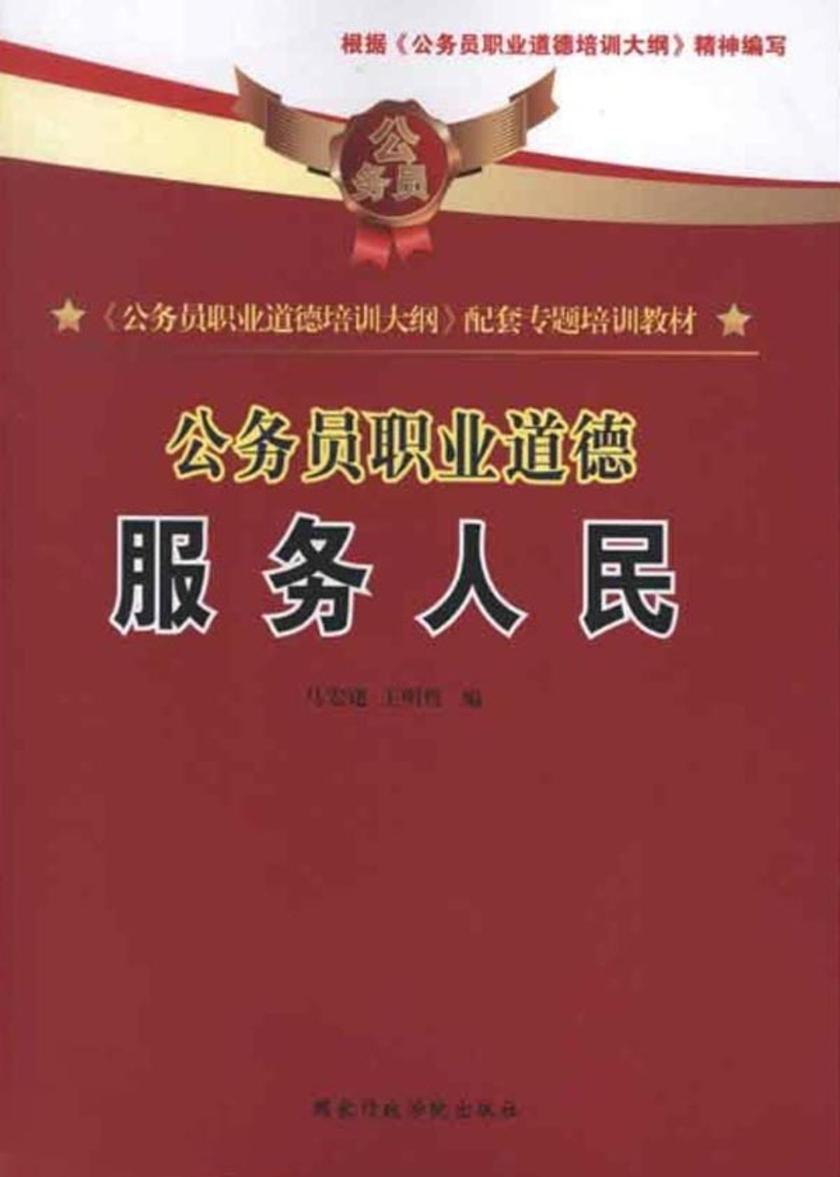
公务员职业道德:服务人民
¥19.49
为系统准确地解读公务员职业道德建设的核心内容,满足全体行政机关和参照公务员法管理的机关开展公务员职业道德培训的需求,进一步推进公务员职业道德建设工作,我们以《公务员职业道德培训大纲》为依据,结合中央有关精神,在有关部门和专家的指导下,编写了本套公务员职业道德培训教材,包括《公务员职业道德: 基础知识》、《公务员职业道德: 忠于国家》、《公务员职业道德: 服务人民》、《公务员职业道德: 恪尽职守》、《公务员职业道德:公正廉洁》、《公务员职业道德:典型案例》共六册,以供全国行政机关公务员培训使用。

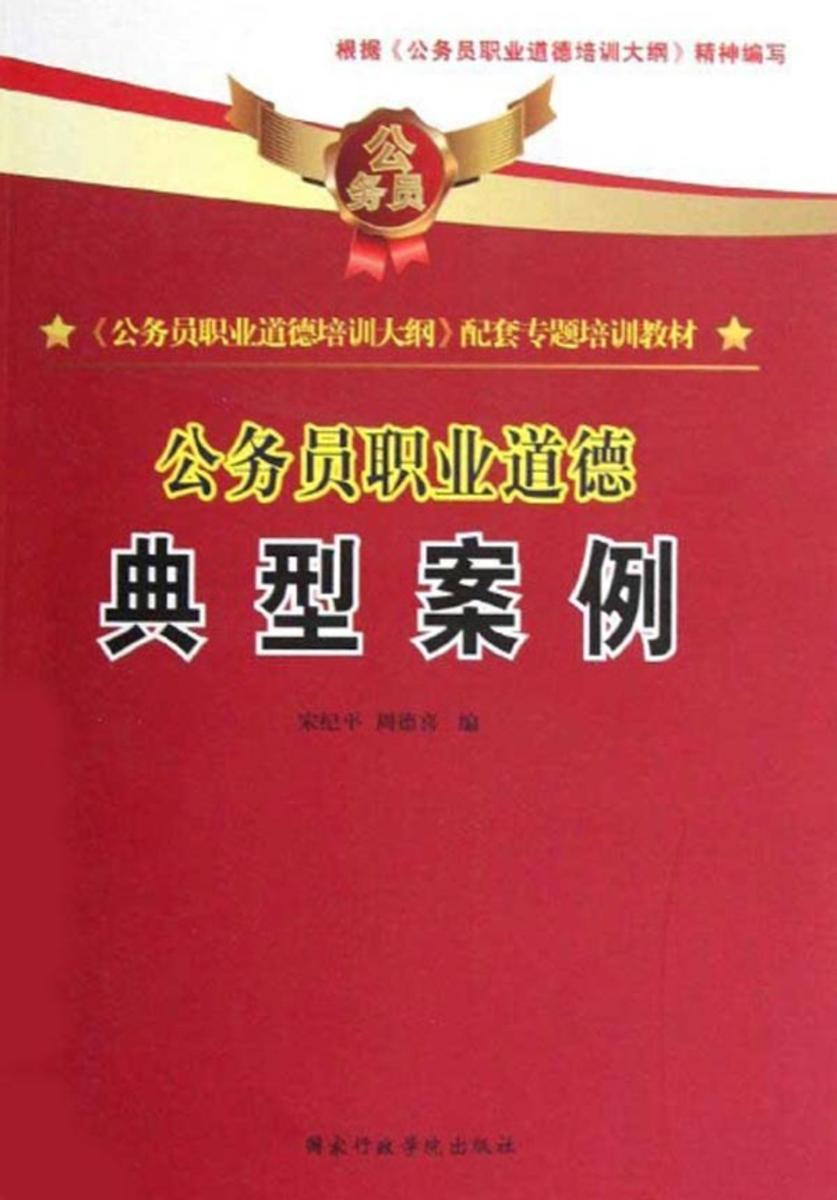
公务员职业道德:典型案例
¥5.00
为系统准确地解读公务员职业道德建设的核心内容,满足全体行政机关和参照公务员法管理的机关开展公务员职业道德培训的需求,进一步推进公务员职业道德建设工作,我们以《公务员职业道德培训大纲》为依据,结合中央有关精神,在有关部门和专家的指导下,编写了本套公务员职业道德培训教材,包括《公务员职业道德: 基础知识》、《公务员职业道德: 忠于国家》、《公务员职业道德: 服务人民》、《公务员职业道德: 恪尽职守》、《公务员职业道德:公正廉洁》、《公务员职业道德:典型案例》共六册,以供全国行政机关公务员培训使用。

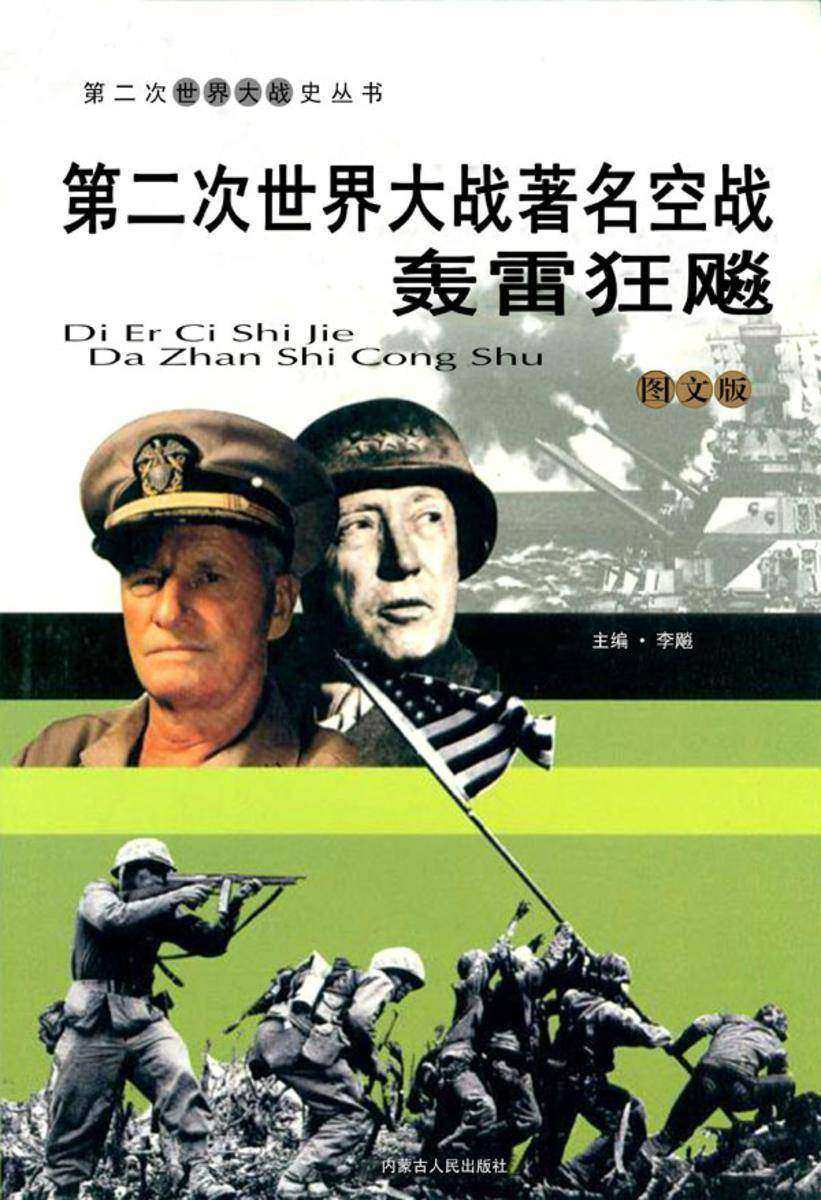
第二次世界大战著名空战:轰雷狂飚
¥7.92
第二次世界大战的胜利具有伟大的历史意义。我们历史地辨证地看待这段人类惨痛历史,可以说,第二次世界大战的爆发给人类造成了巨大灾难,使人类文明惨遭浩劫,但同时,第二次世界大战的胜利,也开创了人类历史的新纪元,极大地推动了人类社会向前发展,给战后世界带来了广泛而深刻的影响。促进了世界进入力量制衡的相对和平时期;促进了殖民地国家的民族解放;促进了许多社会主义国家的诞生;促进了资本主义国家的经济、政治和社会改革;促进了世界科学技术的进步;促进了军事科技和理论的进步;促进了人类认识的真理革命;促进了世界人民对和平的认识。
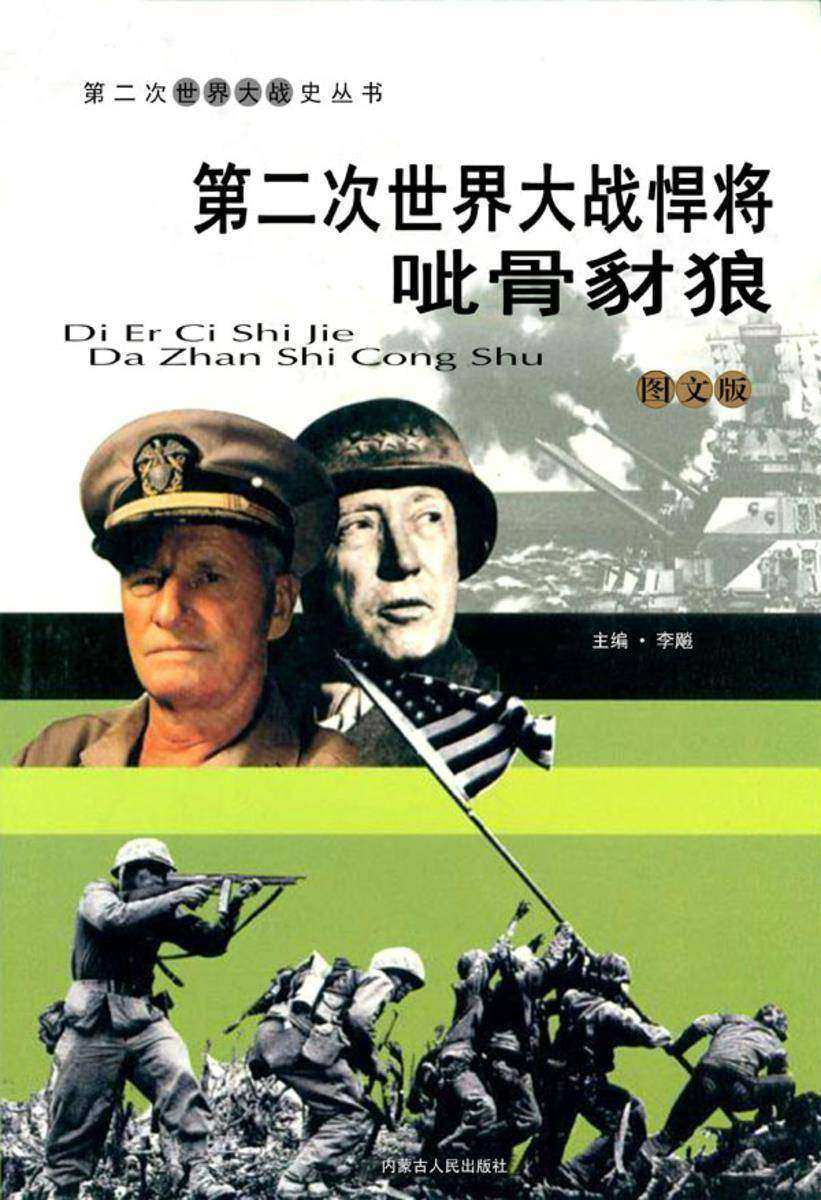
第二次世界大战悍将:呲骨豺狼
¥2.90
第二次世界大战的胜利具有伟大的历史意义。我们历史地辨证地看待这段人类惨痛历史,可以说,第二次世界大战的爆发给人类造成了巨大灾难,使人类文明惨遭浩劫,但同时,第二次世界大战的胜利,也开创了人类历史的新纪元,极大地推动了人类社会向前发展,给战后世界带来了广泛而深刻的影响。促进了世界进入力量制衡的相对和平时期;促进了殖民地国家的民族解放;促进了许多社会主义国家的诞生;促进了资本主义国家的经济、政治和社会改革;促进了世界科学技术的进步;促进了军事科技和理论的进步;促进了人类认识的真理革命;促进了世界人民对和平的认识。

第二次世界大战 后结局:全面反攻
¥2.90
第二次世界大战的胜利具有伟大的历史意义。我们历史地辨证地看待这段人类惨痛历史,可以说,第二次世界大战的爆发给人类造成了巨大灾难,使人类文明惨遭浩劫,但同时,第二次世界大战的胜利,也开创了人类历史的新纪元,极大地推动了人类社会向前发展,给战后世界带来了广泛而深刻的影响。促进了世界进入力量制衡的相对和平时期;促进了殖民地国家的民族解放;促进了许多社会主义国家的诞生;促进了资本主义国家的经济、政治和社会改革;促进了世界科学技术的进步;促进了军事科技和理论的进步;促进了人类认识的真理革命;促进了世界人民对和平的认识。
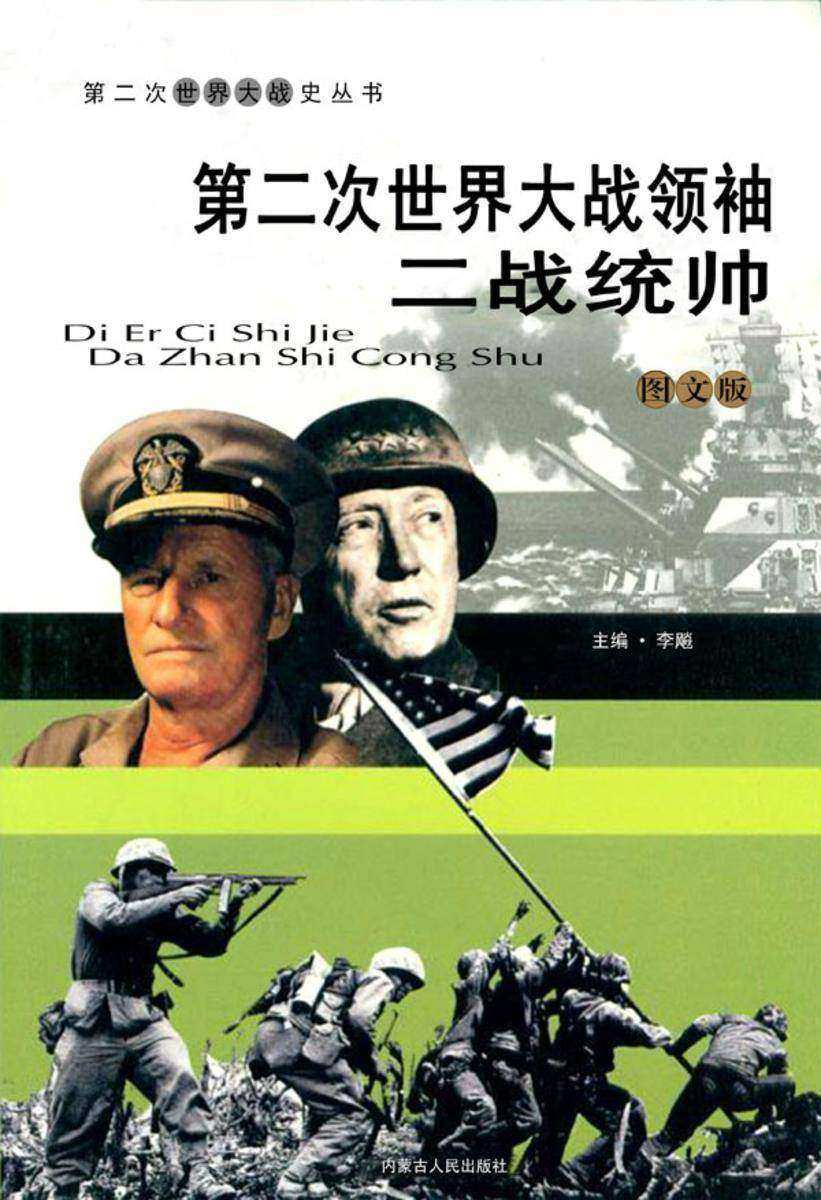
第二次世界大战领袖:二战统帅
¥2.90
第二次世界大战的胜利具有伟大的历史意义。我们历史地辨证地看待这段人类惨痛历史,可以说,第二次世界大战的爆发给人类造成了巨大灾难,使人类文明惨遭浩劫,但同时,第二次世界大战的胜利,也开创了人类历史的新纪元,极大地推动了人类社会向前发展,给战后世界带来了广泛而深刻的影响。促进了世界进入力量制衡的相对和平时期;促进了殖民地国家的民族解放;促进了许多社会主义国家的诞生;促进了资本主义国家的经济、政治和社会改革;促进了世界科学技术的进步;促进了军事科技和理论的进步;促进了人类认识的真理革命;促进了世界人民对和平的认识。

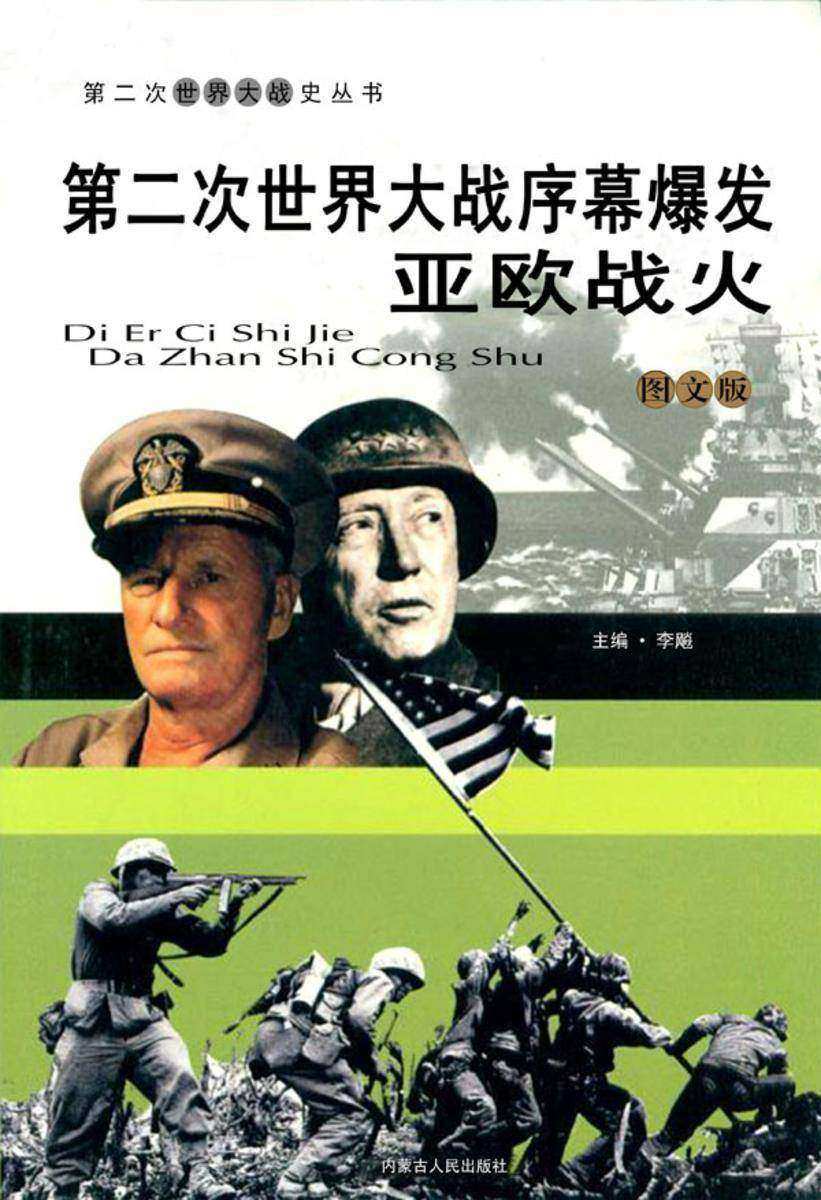
第二次世界大战序幕爆发:亚欧战火
¥9.99
第二次世界大战的胜利具有伟大的历史意义。我们历史地辨证地看待这段人类惨痛历史,可以说,第二次世界大战的爆发给人类造成了巨大灾难,使人类文明惨遭浩劫,但同时,第二次世界大战的胜利,也开创了人类历史的新纪元,极大地推动了人类社会向前发展,给战后世界带来了广泛而深刻的影响。促进了世界进入力量制衡的相对和平时期;促进了殖民地国家的民族解放;促进了许多社会主义国家的诞生;促进了资本主义国家的经济、政治和社会改革;促进了世界科学技术的进步;促进了军事科技和理论的进步;促进了人类认识的真理革命;促进了世界人民对和平的认识。
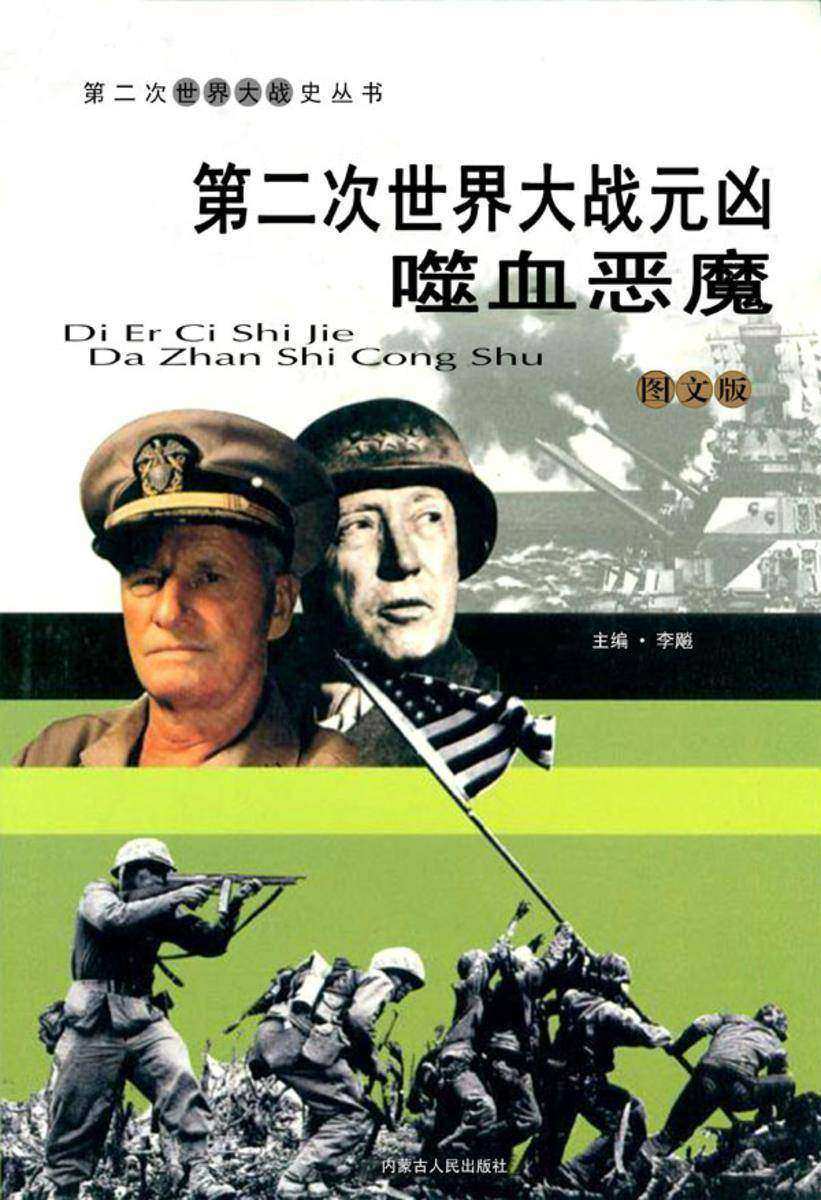
第二次世界大战元凶:噬血恶魔
¥2.90
第二次世界大战的胜利具有伟大的历史意义。我们历史地辨证地看待这段人类惨痛历史,可以说,第二次世界大战的爆发给人类造成了巨大灾难,使人类文明惨遭浩劫,但同时,第二次世界大战的胜利,也开创了人类历史的新纪元,极大地推动了人类社会向前发展,给战后世界带来了广泛而深刻的影响。促进了世界进入力量制衡的相对和平时期;促进了殖民地国家的民族解放;促进了许多社会主义国家的诞生;促进了资本主义国家的经济、政治和社会改革;促进了世界科学技术的进步;促进了军事科技和理论的进步;促进了人类认识的真理革命;促进了世界人民对和平的认识。

第二次世界大战傀儡:乞尾赖犬
¥2.90
第二次世界大战的胜利具有伟大的历史意义。我们历史地辨证地看待这段人类惨痛历史,可以说,第二次世界大战的爆发给人类造成了巨大灾难,使人类文明惨遭浩劫,但同时,第二次世界大战的胜利,也开创了人类历史的新纪元,极大地推动了人类社会向前发展,给战后世界带来了广泛而深刻的影响。促进了世界进入力量制衡的相对和平时期;促进了殖民地国家的民族解放;促进了许多社会主义国家的诞生;促进了资本主义国家的经济、政治和社会改革;促进了世界科学技术的进步;促进了军事科技和理论的进步;促进了人类认识的真理革命;促进了世界人民对和平的认识。


第二次世界大战非洲战场:大漠厮杀
¥9.99
第二次世界大战的胜利具有伟大的历史意义。我们历史地辨证地看待这段人类惨痛历史,可以说,第二次世界大战的爆发给人类造成了巨大灾难,使人类文明惨遭浩劫,但同时,第二次世界大战的胜利,也开创了人类历史的新纪元,极大地推动了人类社会向前发展,给战后世界带来了广泛而深刻的影响。促进了世界进入力量制衡的相对和平时期;促进了殖民地国家的民族解放;促进了许多社会主义国家的诞生;促进了资本主义国家的经济、政治和社会改革;促进了世界科学技术的进步;促进了军事科技和理论的进步;促进了人类认识的真理革命;促进了世界人民对和平的认识。
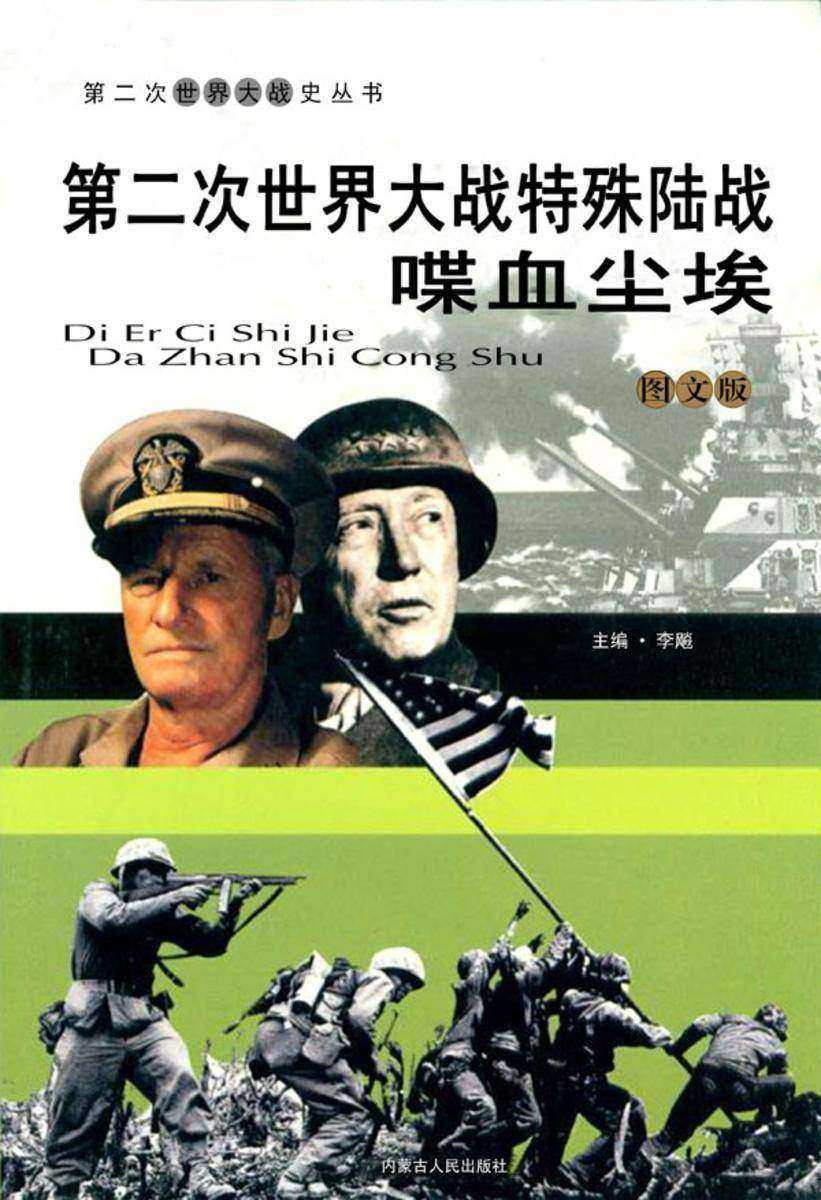
第二次世界大战特殊陆战:喋血尘埃
¥2.90
第二次世界大战的胜利具有伟大的历史意义。我们历史地辨证地看待这段人类惨痛历史,可以说,第二次世界大战的爆发给人类造成了巨大灾难,使人类文明惨遭浩劫,但同时,第二次世界大战的胜利,也开创了人类历史的新纪元,极大地推动了人类社会向前发展,给战后世界带来了广泛而深刻的影响。促进了世界进入力量制衡的相对和平时期;促进了殖民地国家的民族解放;促进了许多社会主义国家的诞生;促进了资本主义国家的经济、政治和社会改革;促进了世界科学技术的进步;促进了军事科技和理论的进步;促进了人类认识的真理革命;促进了世界人民对和平的认识。

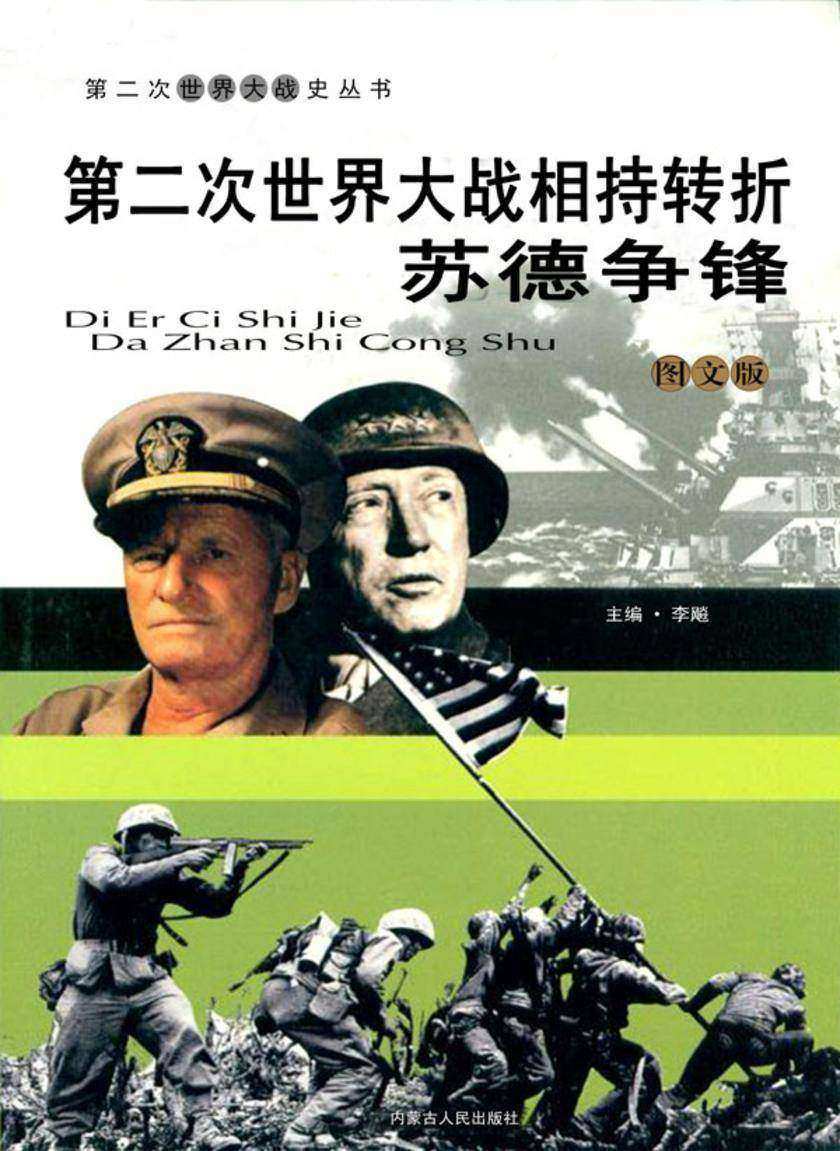
第二次世界大战相持转折:苏德争锋
¥9.99
1939年9月前,中国的抗日战争、埃塞俄比亚的抗意战争等世界反法西斯抵抗运动就拉开了序幕;1939年9月1日,德国入侵波兰,宣告世界反法西斯战争正式开始;1945年9月2日,日本向盟国投降,昭示世界反法西斯伟大战争取得全面胜利。

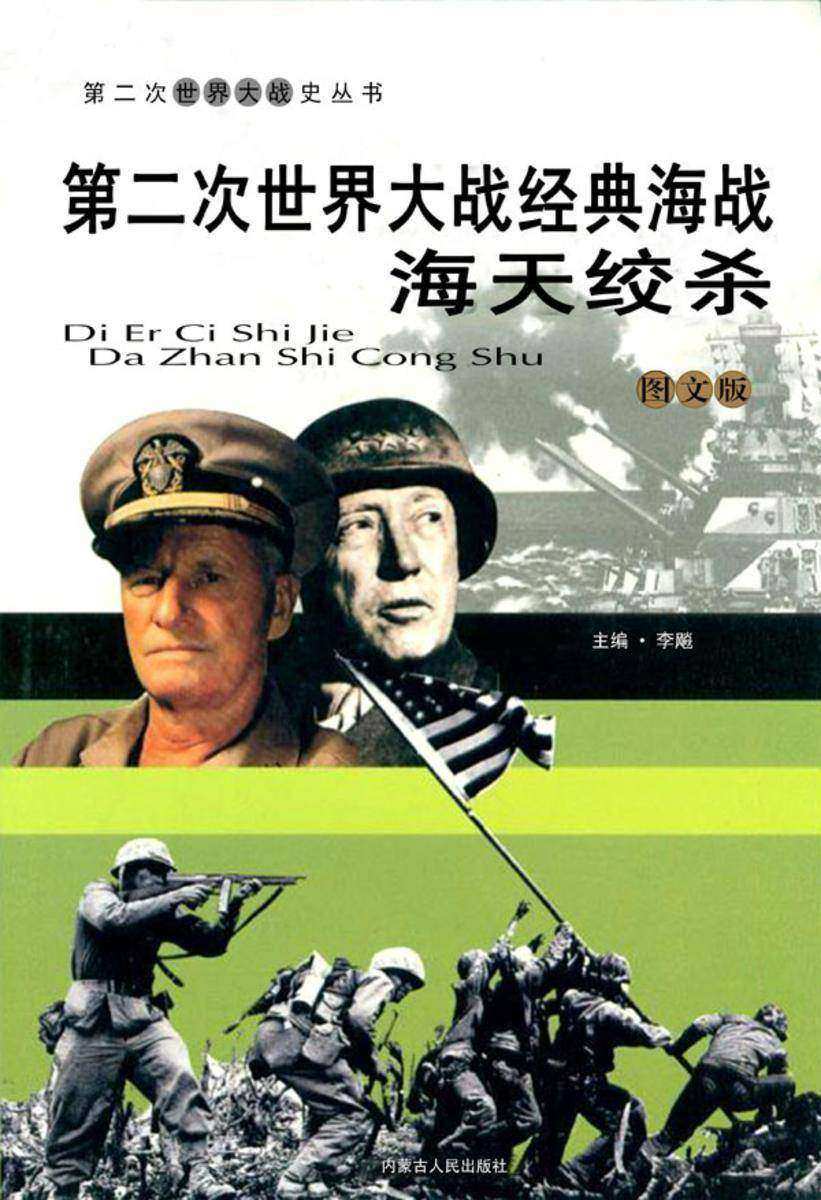
第二次世界大战经典海战:海天绞杀
¥9.99
第二次世界大战的胜利具有伟大的历史意义。我们历史地辨证地看待这段人类惨痛历史,可以说,第二次世界大战的爆发给人类造成了巨大灾难,使人类文明惨遭浩劫,但同时,第二次世界大战的胜利,也开创了人类历史的新纪元,极大地推动了人类社会向前发展,给战后世界带来了广泛而深刻的影响。促进了世界进入力量制衡的相对和平时期;促进了殖民地国家的民族解放;促进了许多社会主义国家的诞生;促进了资本主义国家的经济、政治和社会改革;促进了世界科学技术的进步;促进了军事科技和理论的进步;促进了人类认识的真理革命;促进了世界人民对和平的认识。

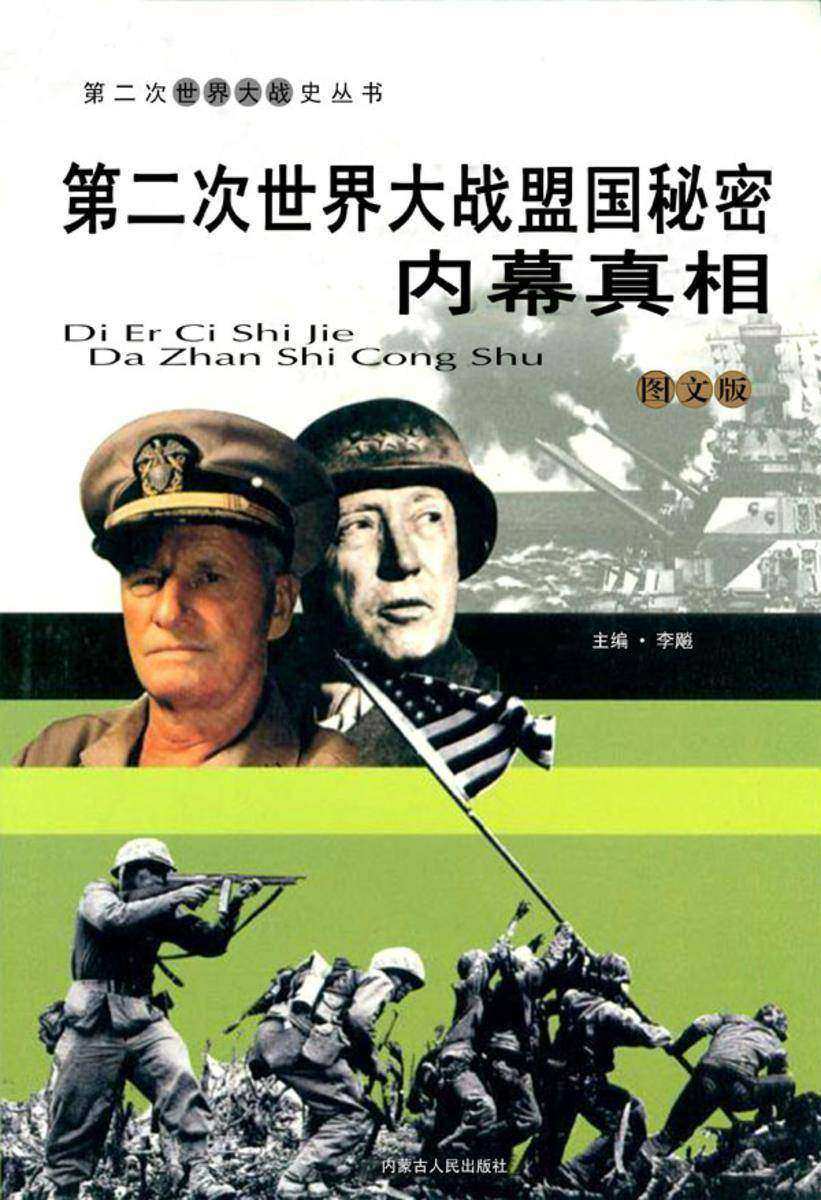
第二次世界大战盟国秘密:内幕真相
¥7.92
第二次世界大战的胜利具有伟大的历史意义。我们历史地辨证地看待这段人类惨痛历史,可以说,第二次世界大战的爆发给人类造成了巨大灾难,使人类文明惨遭浩劫,但同时,第二次世界大战的胜利,也开创了人类历史的新纪元,极大地推动了人类社会向前发展,给战后世界带来了广泛而深刻的影响。促进了世界进入力量制衡的相对和平时期;促进了殖民地国家的民族解放;促进了许多社会主义国家的诞生;促进了资本主义国家的经济、政治和社会改革;促进了世界科学技术的进步;促进了军事科技和理论的进步;促进了人类认识的真理革命;促进了世界人民对和平的认识。




 购物车
购物车 个人中心
个人中心



